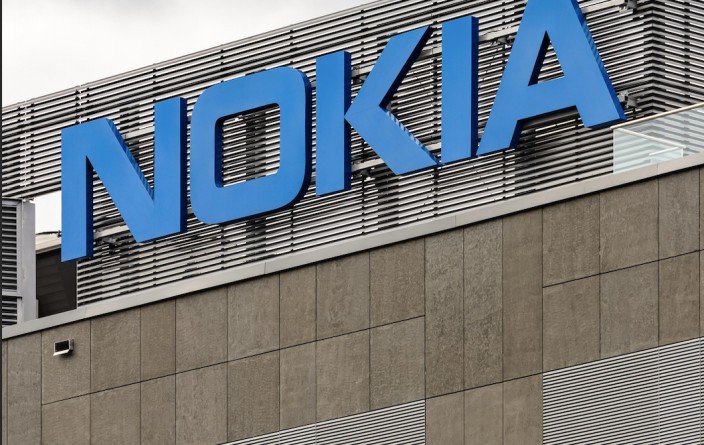India: Note on Nokia v. Opposition
07 April 2023

India: Note on Nokia v. Oppo
For several years, patent owners navigated the SEP landscape in India, unsure of their destination (injunction, damages, FRAND verdicts), and wondering whether their opponents (implementers of SEPs) could be made to deposit security to protect the SEP owners’ interests. SEP holders can breathe a sigh of relief as this question has been answered by the Delhi High Court in an important order and victory for lawyers at Anand and Anand.
On July 3, 2023, the Delhi High Court released the much-awaited decision in Nokia v. Oppo [FAO (OS) (COMM) 321/2022] and recognized that SEP holders were entitled to pro-tem security payment as a matter of right (though such payments are of course, subject to trial and final decision of the court).
The team involved for Anand and Anand included Pravin Anand, Vaishali Mittal and Siddhant Chamola.
The term pro-tem means temporarily, or for the time being, and when used in the SEP context, it connotes payments that are made by an implementer as security to safeguard the interests of an SEP holder until the dispute is fully decided.
The court has made a redacted version of the decision available on its website for public access after obscuring confidential, commercial information concerning the parties.
This decision comes as the latest trophy in Nokia’s multi-jurisdictional campaign against Oppo (Nokia’s ex-licensee) and, in fact, reverses a setback that Nokia had suffered in November 2022, when the single judge had refused Nokia’s application seeking upfront, pro-tem security payment before the case was heard on merits.
The court held that the single judge was incorrect in requiring Nokia to prove that Oppo had made unequivocal admissions regarding its liability to make interim payments.
What set this case apart from other SEP cases was the unique strategy employed by Nokia in seeking security deposit orders, even before making arguments on infringement, validity and FRAND. Indian law, under Order 39 Rule 10 of the Code of Civil Procedure, 1908, empowers the court to pass interim orders, directing the deposit of an amount in court, in case the defendant admits that it owes money to the plaintiff. Using the “landlord-tenant” line of cases of old, Nokia argued that Oppo at least should deposit an amount based on their expired 2018 Agreement, before the court heard the main case on merits.
The Division Bench, in appeal, upheld Nokia’s argument, and has ordered Oppo to deposit 23% of what it had paid under the expired 2018 License Agreement. This is because Oppo’s sales in India, as a proportion of its global sales is 23%.
Some of the more important findings of law, which are beneficial to all SEP holders, are as follows:
- For a modern and fair patent law system, the court should pass pro-tem security without much detailed examination of merits. Sometimes, such orders can be passed even on the first hearing.
- Delay favours implementers, and works against SEP holders’ interests.
- If security payment is not ordered, then implementers build on their asymmetrical advantage over SEP holders, because they are able to freely sell their devices, while the SEP holder fights its out in court.
- A pro-tem security order is not the same as an injunction, as it only balances equities. It makes the implementer, who hasn’t paid any money to the patent owner, accountable for using SEPs.
- The landlord-tenant or licensor-licensee analogy of Order 39 Rule 10, is totally applicable in the SEP context, where an ex-licensee refuses to pay after the license’s expiry.
- Nobody offers to pay good money for disputed patents. The act of making counter-offers and filing FRAND-rate setting cases in foreign jurisdictions or offering to make interim payments until negotiations conclude all indicate that the implementer admits that the patents are SEPs. These factors also constitute a prima facie case of infringement of patents.
- Counteroffers are admissible in court, against the party making them, as indications of liability to pay money to a SEP holder. The fact that offers are made “without prejudice” does not make them inadmissible in court
- Pro-tem security does not require the court to evaluate patent license agreements of third parties.
- A claim for pro-tem security or even an injunction can be made only on the basis of a single patent. One does not need to enforce multiple patents or the whole portfolio.
This decision presents a paradigm shift in India’s treatment of SEP cases, and puts the interests of SEP holders front and centre in the debate on access to technology, innovation in society and a conducive environment for further investment in R&D and knowledge transfer.
– Asia IP







